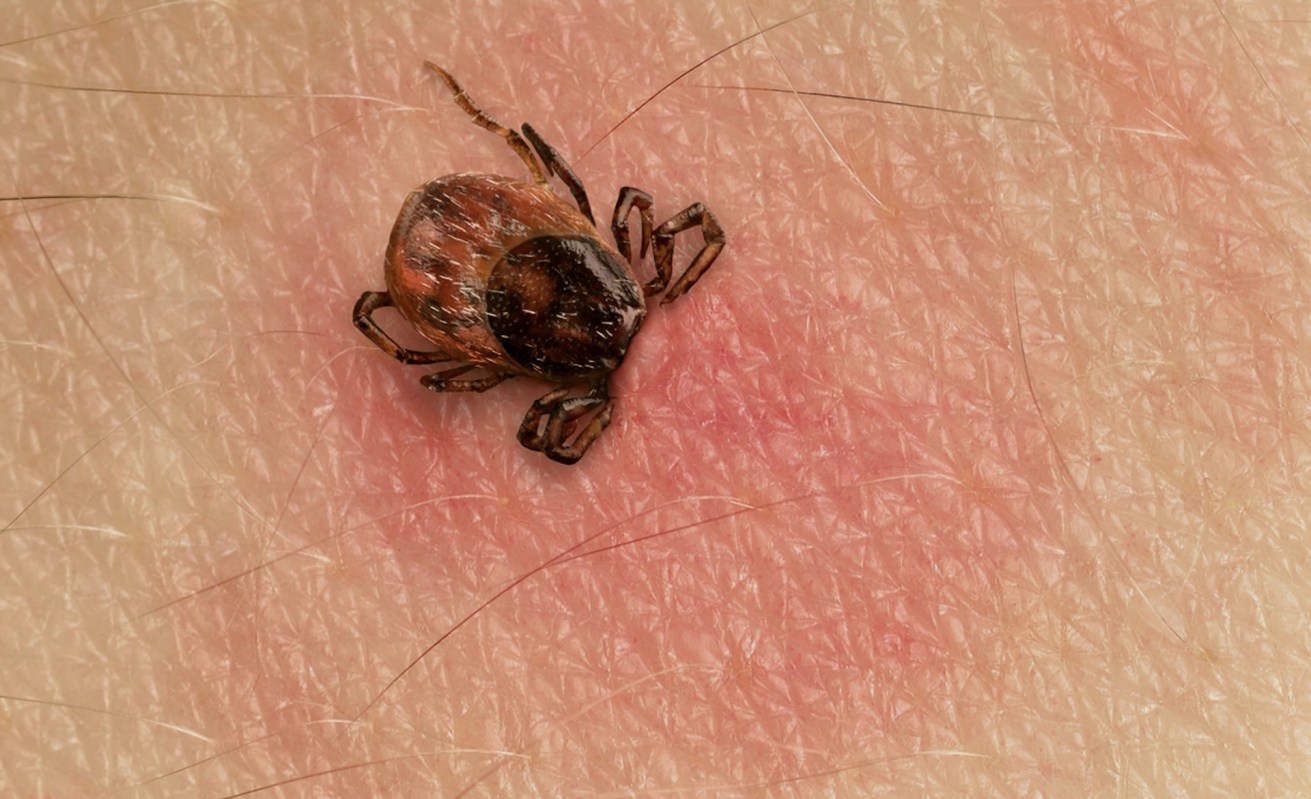Chewable tablets for tick prevention have been reserved exclusively for our furry friends, but one company is working on a similar concept that can protect humans from Lyme disease and other tick-borne illnesses.
On February 22, Tarsus Pharmaceuticals announced the results from a trial evaluation of its orally administered drug, demonstrating a mean tick mortality rate of 97% for a high dose and 92% for a low dose 24 hours after ingestion.
It remained effective 30 days after dosing, maintaining a mean tick mortality of 89% and 91% for the high and low doses, respectively. Additionally, no adverse side effects were reported, according to Wired.
"The takeaway is that it killed the ticks really quickly," Linden Hu, a professor of immunology at Tufts Medical School and experiment leader, told Wired. "And the effect lasted for a long time."
The biotech company from Irvine, California, used a formula that includes lotilaner, a drug found in a tick and flea treatment for cats and dogs. The drug enters the bloodstream to paralyze and kill the tick after the parasite begins feeding.
The researchers were particularly concerned with Lyme when designing this pill, noting in their news release that it's the most common vector-borne disease in the country and that over 30 million Americans are at medium-to-high risk of infection. The Centers for Disease Control and Prevention (CDC) estimates that 476,000 Americans are diagnosed and treated for the disease annually, potentially costing the public over a billion dollars when factoring in inflation.
Humans typically contract Lyme from an infected tick after it has been attached for 36 to 48 hours, according to the University of Pennsylvania. According to the CDC, symptoms can include fever, headache, fatigue, and a distinctive bull's-eye skin rash. Severe cases can cause permanent and irreversible effects like arthritis with joint pain and swelling, an irregular heartbeat, and neurological complications.
"There is that subset of people that truly have persistent symptoms after Lyme disease that can really be devastating, so preventing that would be an amazing opportunity," said Paul Auwaerter, a Lyme disease expert and professor of medicine at the Johns Hopkins University School of Medicine, per Wired.
However, lotilaner doesn't target the bacteria that causes Lyme but rather the tick itself, so it may be effective in protecting people from the various other diseases the parasites carry as well. It's a crucial feature since rising temperatures have allowed ticks to be active for longer periods and live in regions that were once too harsh for the arachnid.
"What we envision is something that would protect you before the tick would even bite you," Tarsus CEO Bobby Azamian told Wired.
"Our animals have better options than we do for tick prevention," Hu added. "There are quite a few drugs and vaccines available for dogs and cats, but there's nothing for us."
Join our free newsletter for weekly updates on the coolest innovations improving our lives and saving our planet.









